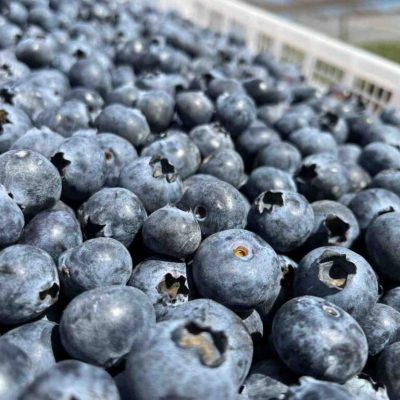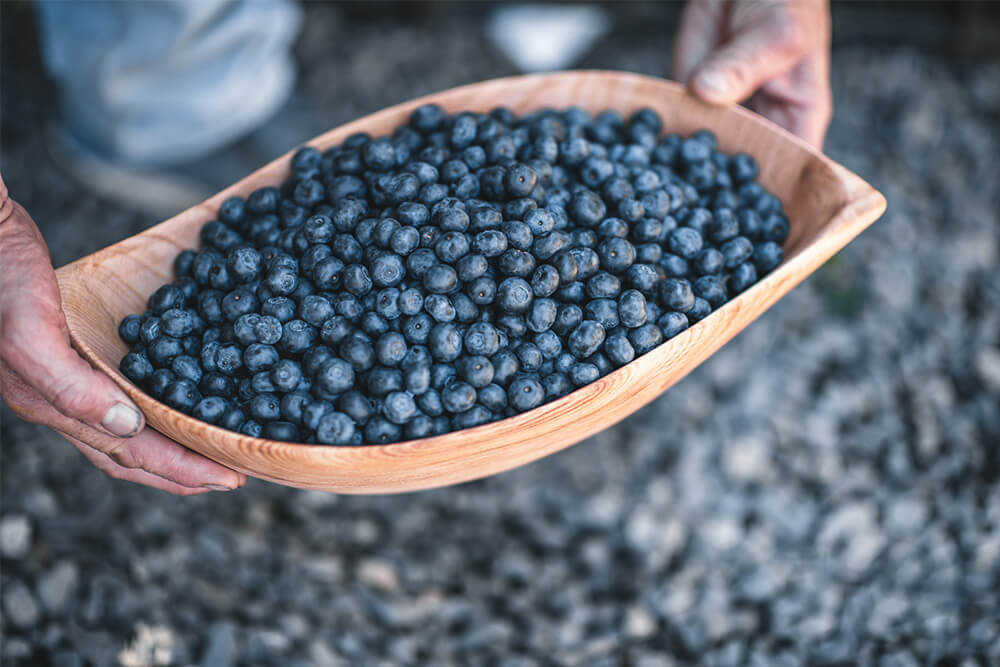Flavonoid-Rich Fruits Linked to Reduced Dementia Risk: Insights from the Framingham Heart Study
A recent study published in The Journal of Prevention of Alzheimer’s Disease provides insight from researchers from Boston University, USDA HNRCA at Tufts, Duke University, and Stanford University, and highlights the potential brain health benefits of consuming flavonoid-rich fruits, including blueberries. Based on data from the Framingham Heart Study, the study explores how eating these fruits in midlife and late-life may lower the risk of developing dementia.
Flavonoids, naturally occurring compounds found in various fruits, have long been associated with positive health effects. This new study, a comprehensive analysis of a 23-year period, dives deeper into the relationship between flavonoid-rich fruit consumption and brain health, particularly focusing on midlife and late life. The research, based on data from 2,790 participants aged 45 and older, who were followed over a 23-year period (1991-2014) as part of the Framingham Heart Study, a long-running study tracking generations of participants for cardiovascular and brain health outcomes.
“Our findings suggest that higher long-term intake, particularly during midlife, of flavonoid-rich foods, such as blueberries, may contribute to reducing the risk of dementia and preserving cognitive function over time,” said Dr. Phillip Hwang from Boston University School of Public Health, Department of Epidemiology.
Results from the study indicate that higher total fruit intake in midlife adults (45-59 years) but not late-life adults (60-82 years) was significantly associated with a decreased risk of all-cause dementia. However, high intakes of specific fruits such as blueberries, apples or pears, grapefruit and peaches, apricots or plums during late-life were associated with a decreased risk of all-cause dementia and Alzheimer’s disease dementia.
Although this study provides important insights, the researchers caution that the findings were based primarily on participants of European American descent. The authors suggest future studies focus on more ethnically diverse populations and explore other life stages, including childhood and early adulthood, to understand the full impact of flavonoid-rich fruit consumption on brain health. These findings should also be interpreted as a correlation between flavonoid-rich fruit intake and dementia risk, and not as a cause-and-effect relationship.
This research further underscores the importance of incorporating flavonoid-rich fruits, particularly blueberries, into your diet. Whether in midlife or later, adding these fruits to your meals may help protect your brain health and reduce the risk of dementia. For more information on USHBC’s health research work, please visit healthprofessionals.blueberry.org.
24.10.24
Source: U.S. Highbush Blueberry Council





